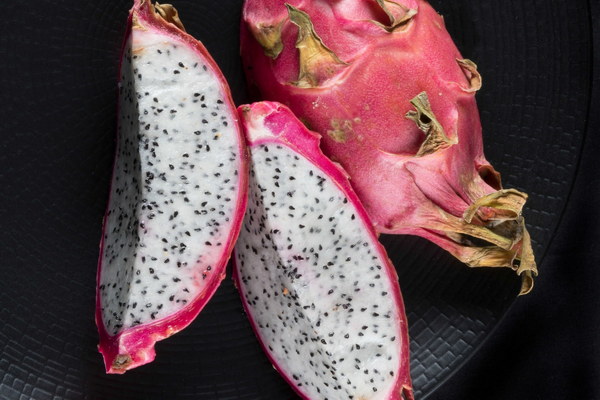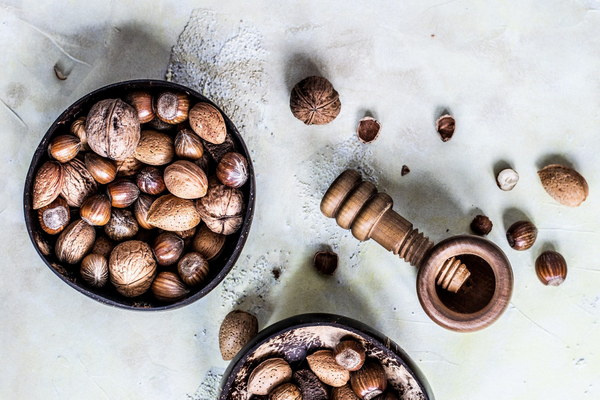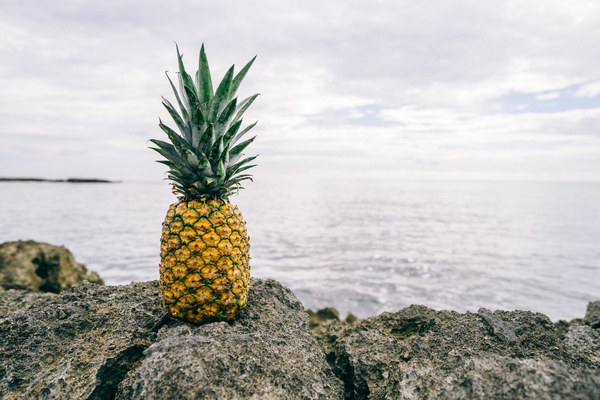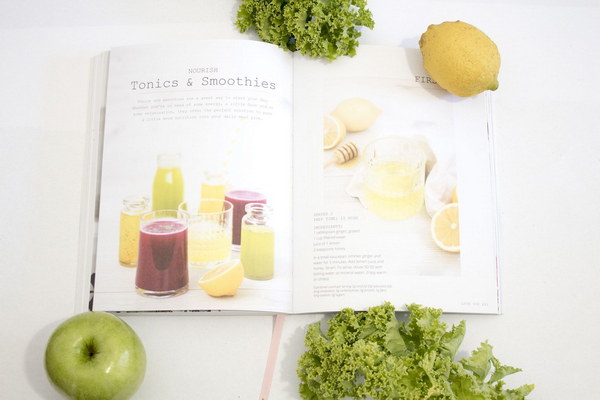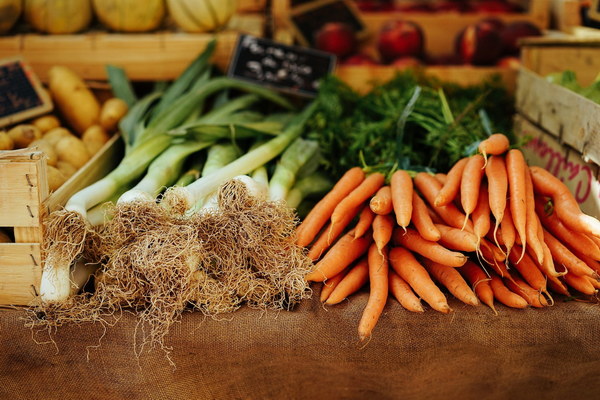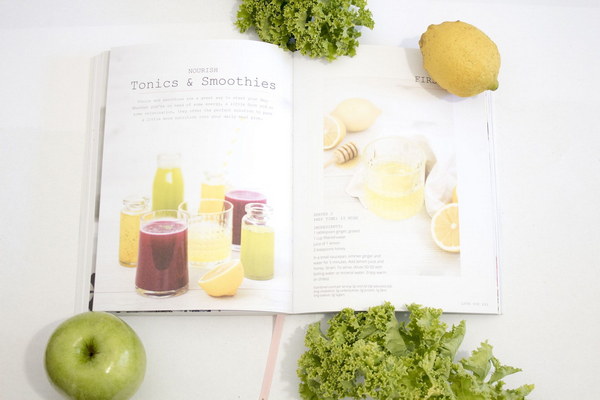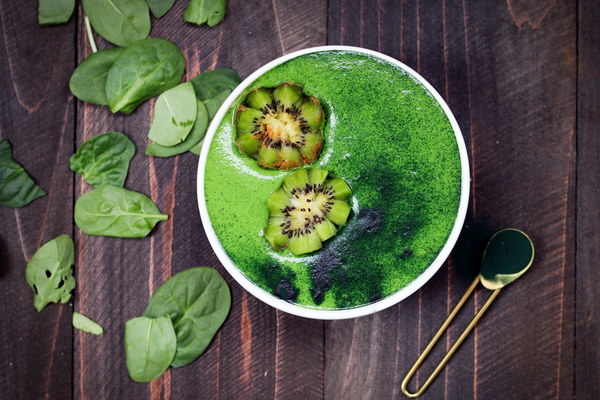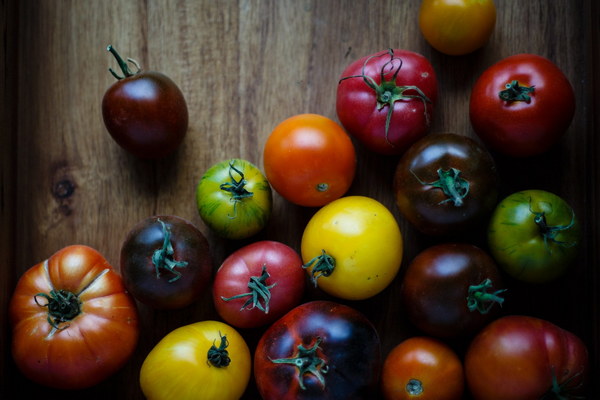Unveiling the Secrets of Traditional Chinese Herbs A Comprehensive Guide to Cooling Soups
In the realm of Traditional Chinese Medicine (TCM), herbs have been utilized for thousands of years to maintain health and treat diseases. One of the most fundamental principles of TCM is the concept of Yin and Yang, which emphasizes the balance between these two opposing forces. When Yin (cooling) and Yang (warming) are out of balance, various health issues can arise. To address this, TCM practitioners have developed a wide array of cooling soups that can help bring the body back into harmony. In this article, we will explore the secrets of traditional Chinese herbs and their applications in cooling soups.
1. Cooling Soup Ingredients:
The following are some common cooling herbs and ingredients used in TCM cooling soups:
- Scutellaria baicalensis (Huangqin)
- Rehmannia glutinosa (Shu Di Huang)
- Alisma orientale (Ze Xie)
- Trichosanthes kirilowii (Xuan Shen)
- Ophiopogon japonicus (Mai Men Dong)
- Lycium barbarum (Gou Qi Zi)
- Poria cocos (Fu Ling)
- Astragalus membranaceus (Huang Qi)
- Codonopsis pilosula (Dang Shen)
2. Cooling Soup Recipes:
a. Baical Skullcap Soup (Huangqin Tang):
Ingredients:
- 15g of Scutellaria baicalensis (Huangqin)
- 10g of Alisma orientale (Ze Xie)
- 15g of Ophiopogon japonicus (Mai Men Dong)
- 1/2 cup of lean pork or chicken
- 4 cups of water
Instructions:
1. Rinse the Scutellaria baicalensis, Alisma orientale, and Ophiopogon japonicus thoroughly.
2. Cut the lean pork or chicken into small pieces and wash them.
3. Combine all the ingredients in a pot and bring to a boil.
4. Reduce the heat and simmer for 1 hour.
5. Remove the herbs and strain the soup.
6. Serve hot or cold.
b. Licorice Root and Astragalus Soup (Gan Cao Huang Qi Tang):
Ingredients:

- 10g of Codonopsis pilosula (Dang Shen)
- 10g of Astragalus membranaceus (Huang Qi)
- 10g of Glycyrrhiza uralensis (Gan Cao)
- 1/2 cup of lean pork or chicken
- 4 cups of water
Instructions:
1. Rinse the Codonopsis pilosula, Astragalus membranaceus, and Glycyrrhiza uralensis thoroughly.
2. Cut the lean pork or chicken into small pieces and wash them.
3. Combine all the ingredients in a pot and bring to a boil.
4. Reduce the heat and simmer for 1 hour.
5. Remove the herbs and strain the soup.
6. Serve hot or cold.
3. Benefits of Cooling Soups:
- Help reduce internal heat, thereby alleviating symptoms such as fever, sore throat, and constipation.
- Improve digestion and promote the elimination of toxins.
- Strengthen the immune system and enhance overall health.
4. Precautions:
- Before starting any TCM therapy, consult a qualified practitioner to ensure the suitability of the herbs for your specific condition.
- Some individuals may experience side effects or allergic reactions to certain herbs. It is important to be aware of these possibilities and seek professional advice if needed.
- It is recommended to consume cooling soups in moderation and not exceed the recommended dosage of the herbs.
In conclusion, cooling soups are a valuable aspect of Traditional Chinese Medicine, offering a natural and effective way to maintain health and treat various conditions. By understanding the properties and applications of these cooling herbs, you can incorporate them into your daily life and experience their numerous health benefits.
